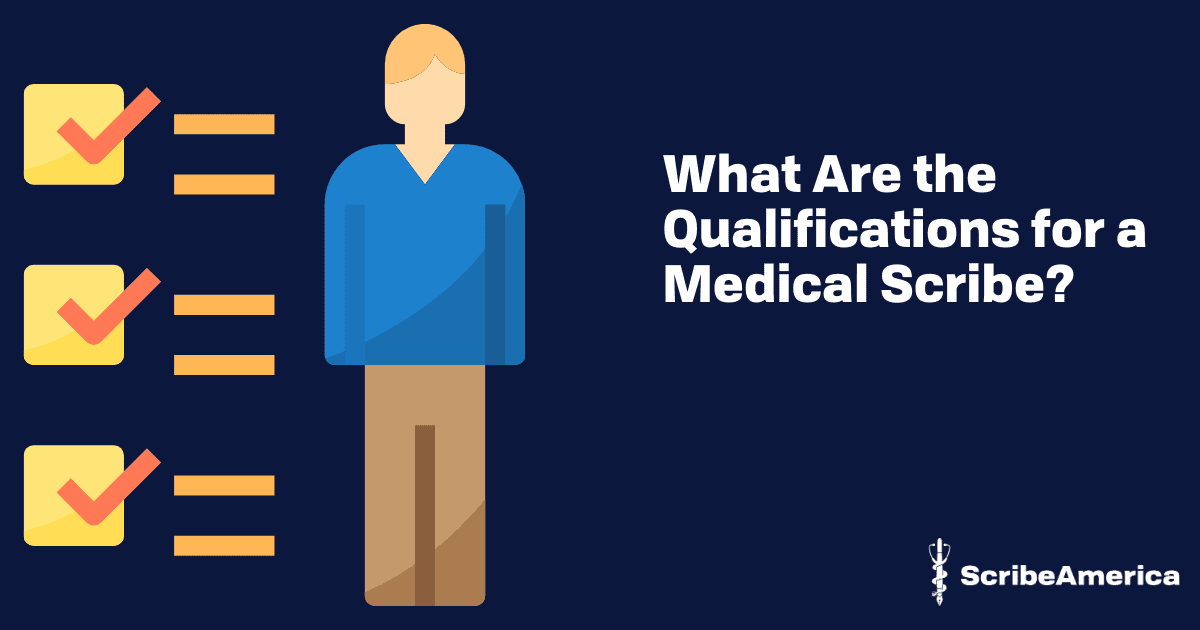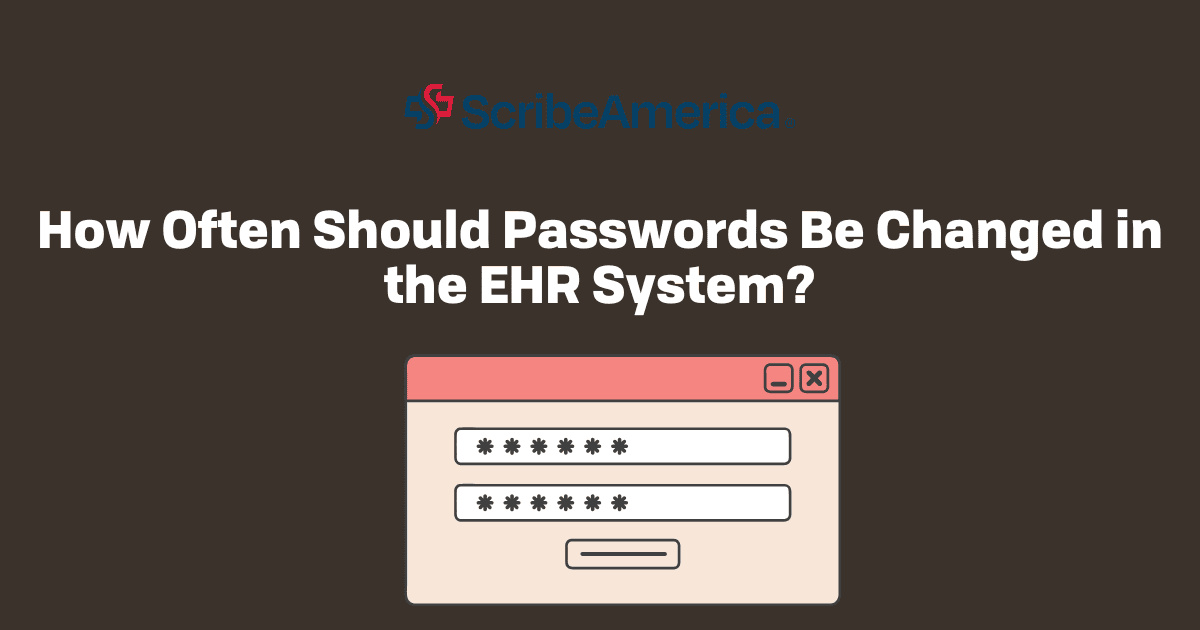Key Takeaways
- Key Qualifications: A high school diploma, solid understanding of medical terminology, and basic anatomy and physiology are foundational for aspiring medical scribes.
- Essential Skills: Effective communication, attention to detail, technical proficiency with EHR systems, and adaptability in fast-paced environments are crucial for success in this role.
- Ongoing Learning: Continuously improving your qualifications through advanced courses, volunteering, and staying informed about industry trends can help you stand out as a competitive candidate.
In the dynamic sector of healthcare, where precision and efficiency are paramount, the role of a medical scribe emerges as a crucial component in ensuring seamless patient care. But what exactly are the qualifications required to step into this position? Let’s explore medical scribe qualifications to shed light on what it takes to embark on this career journey.
How to get started? Medical scribe job qualifications
What are the qualifications for a medical scribe? Before delving into the specifics, it’s important to recognize that while formal education may play a role, the qualifications for a medical scribe extend beyond mere academic credentials.
While possessing a high school diploma or equivalent is typically required, what truly sets a prospective scribe apart is a blend of foundational knowledge, interpersonal skills, and adaptability.
So, what’s the perfect blend of medical scribe qualifications? Firstly, a solid grasp of medical terminology and basic anatomy and physiology lays the groundwork for success in the role of a medical scribe. Familiarity with electronic health records (EHR) systems is also advantageous, as scribes are often tasked with documenting patient encounters in real-time.
Effective communication skills are also non-negotiable for medical scribes. The ability to interact professionally with healthcare providers, patients, and fellow staff members is essential. Scribes must be adept at active listening, quickly transcribing information, and clarifying details as needed, all while maintaining a respectful and empathetic demeanor.
What are the qualifications for a medical scribe? In the fast-paced environment of healthcare, medical scribes must be able to think on their feet, multitask efficiently, and remain composed under pressure. Flexibility in scheduling and the ability to accommodate varying workloads are also valuable qualifications to be a medical scribe.
While there’s no one-size-fits-all formula for becoming a medical scribe, a checklist with skills and qualifications to be a medical scribe can serve as a helpful guide for aspiring candidates. Here’s a concise rundown of key qualifications:
- Educational background - a high school diploma or equivalent is typically required.
- Medical terminology - a solid understanding of medical terminology is essential.
- Anatomy and physiology - basic knowledge of anatomy and physiology provides a foundational understanding of the human body.
- Interpersonal skills - effective communication, active listening, and professionalism are vital.
- Technical proficiency - familiarity with EHR systems and computer literacy is beneficial.
- Adaptability - the ability to thrive in a fast-paced, ever-changing environment is crucial.
- Attention to detail - accuracy and attention to detail are paramount in documenting patient encounters.

The takeaway
To improve your medical scribe qualifications, remember that ongoing learning is key. Consider diving into advanced medical terminology courses and snagging specialized training in EHR systems to really beef up your skill set.
You can also try volunteering in healthcare settings to get a feel for the field and network with industry professionals to gain insights and potential job opportunities. Don’t forget to stay informed about industry trends and always highlight relevant skills in your resume.
By taking these proactive steps, you can position yourself as a strong candidate and embark on a fulfilling career in healthcare support.
Also read:




